The Digiceutical Revolution
Could you imagine your doctor prescribing a video game instead of a drug, or in combination with a drug, for a variety conditions? Believe it or not, it’s already happening, and there is a word for it — digiceuticals.
Last year was a significant time for the integration of mind-training innovations into mainstream approaches to human flourishing. Many meaningful breakthroughs, public announcements, and company financings led me to believe this global movement is gaining traction. Perhaps, the most significant news in the field was PEAR Therapeutics receiving Food and Drug Administration (FDA) approval for reSET® app, a software product to be used in conjunction with standard outpatient treatment for substance use disorder (SUD).
FDA approval of reSET® sent tidal waves across the mind-training landscape. It proved that a government regulated software product might actually have a pathway to insurance reimbursement. The implications are unlimited for a multitude of players in the health care system: consumers, providers, pharmaceutical companies, hospitals and clinics, health insurers, and other startups in the space.
Recently, I was encouraged by A new sort of health app can do the job of drugs,an article in The Economist, which provides interesting insights into what’s happening in the field, and the implications for current innovators in the space.
Pear Therapeutics, along with companies like Akili Interactive, Click Therapeutics, WellDoc, and more than a hundred others are pursuing strategies akin to drug manufacturers. However, instead of researching how molecules will impact a patient’s health, they are proving the benefits of how apps can impact conditions like addiction, ADD/ADHD, schizophrenia, anxiety and depression, diabetes, and many other conditions. Akili Interactive describes itself as “a prescription digital medicine company combining scientific and clinical rigor with the ingenuity of the tech industry to reinvent medicine.” Doesn’t it sound like a revolution?
What these companies seem to be telling us is that in place of taking chemical molecules to treat adverse conditions, the power of our training our minds with apps may facilitate and support healing. Imagine having a solution that transforms and heals while eliminating all those adverse side effects listed at the end of pharmaceutical commercials.
As Bridge Builders Collaborative continues to consider the power of digital therapeutics, the following questions stand out:
Will our society be willing to reduce dependence on prescription drugs?
2. Will mind-training solutions be a threat, a solution, or an opportunity for the pharmaceutical industry?
3. While digital therapeutics will be prescribed, will patients engage with the products? And will their adherence to digiceuticals be greater or less than current drug regimens?
4. What will be the power of user experience vs. just the scientific evidence behind the solutions?
Looking ahead, PEAR Therapeutic’s Chief Executive, Corey McCann, and his experienced team are not resting on the success of their first FDA approval. They have begun applying for FDA approval of their software and pharmaceutical combination, reSET-O™ — which is reSET® in combination with opioid replacement therapies — and a whole product portfolio of potential FDA approved software and drug combinations.
It’s still early and there’s a lot of risk and unknowns as digiceuticals come to market. From where I sit, the tidal wave is gaining momentum and it could reshape the prescribing of pharmaceuticals. What are you seeing?
Check out Bridge Builders Collaborative partners and portfolio. Follow Charlie on LinkedIn and Twitter @ShiftIt_Inst.

